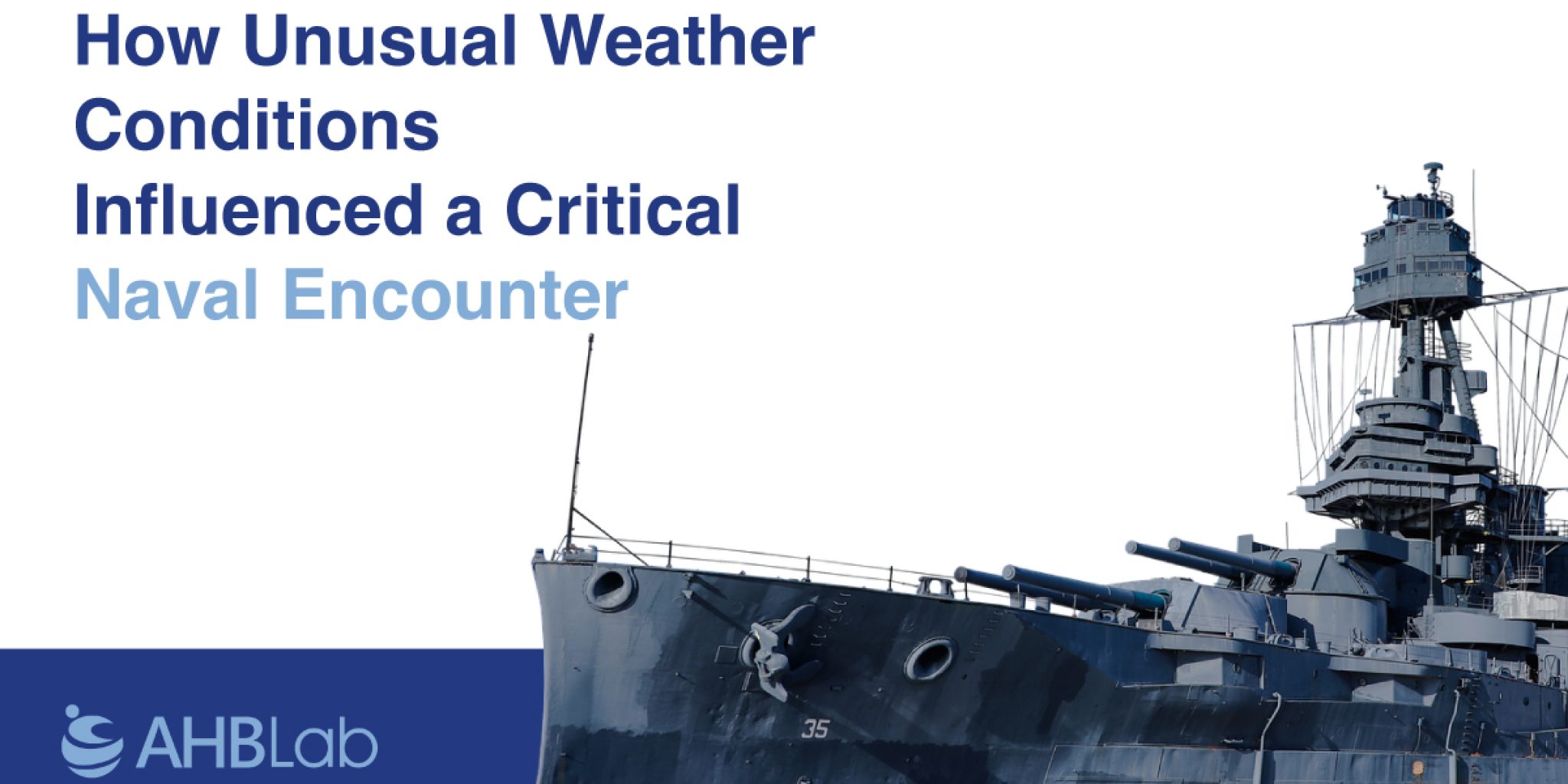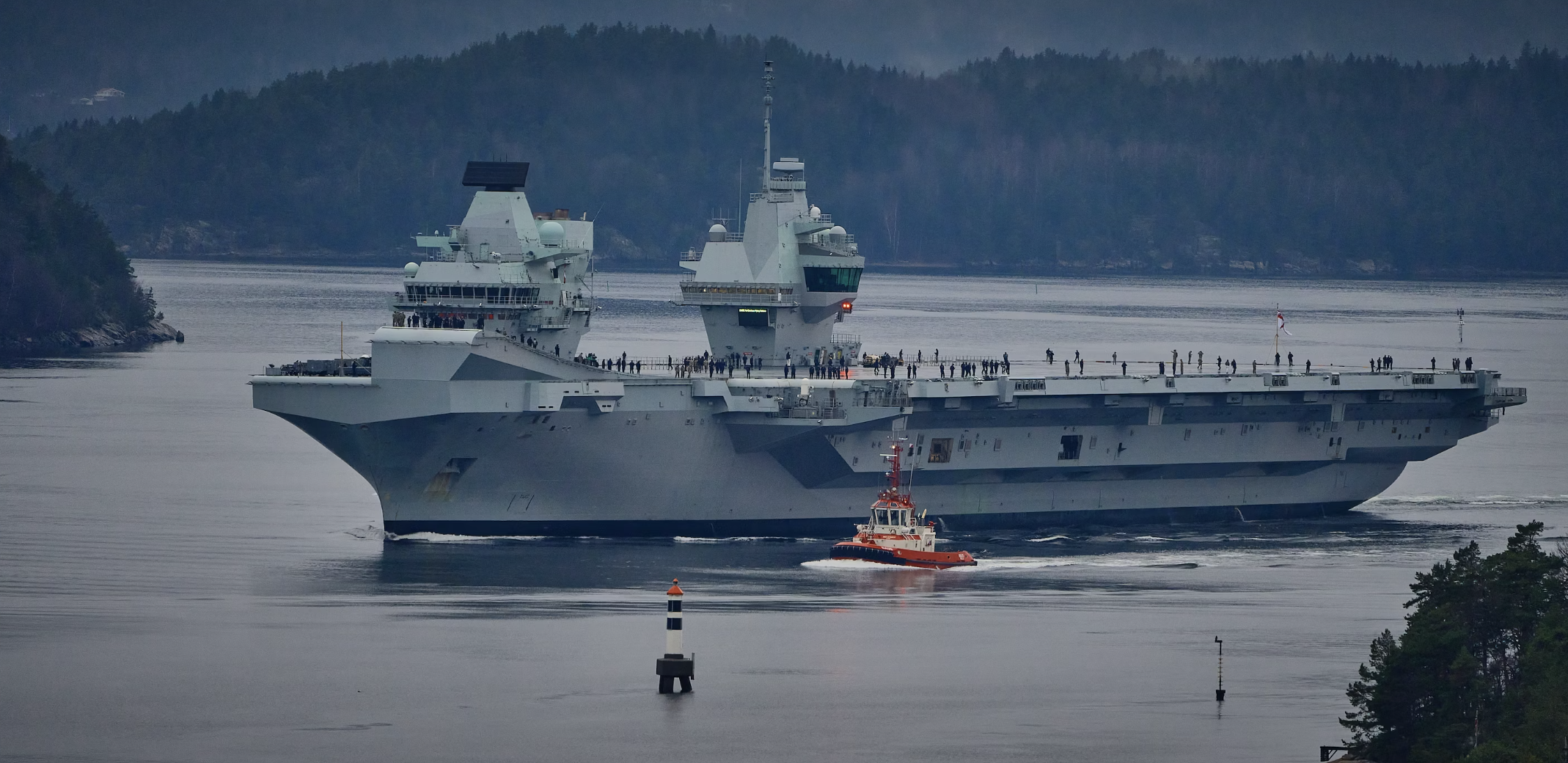Introduction: The Role of Nature in Warfare
In the complex theater of military strategy, the role of natural elements, especially weather, often emerges as a decisive yet unpredictable factor. The April 2022 incident in the Black Sea, where unusual atmospheric conditions reportedly aided the Ukrainian military in targeting and sinking the Russian guided missile cruiser Moskva, provides a profound example of this. This article explores the nuances of how weather can shape the outcomes of military engagements, serving as an unseen ally or adversary in the strategic equation. By examining the Black Sea incident, we gain insights into the interplay between environmental conditions and modern military tactics, revealing a facet of warfare that often goes unnoticed but can significantly influence critical events. We will discuss how unusual weather conditions influenced a critical naval encounter in this article.
The Black Sea Incident: A Brief Overview
On April 13, 2022, the Russian warship Moskva, a cornerstone of Russia’s naval presence in the Black Sea, was struck and subsequently sank following an engagement with Ukrainian forces. This marked a pivotal moment in naval warfare history, highlighting the strategic use of environmental intelligence. Situated well beyond the typical range of Ukraine’s radar capabilities, the Moskva was detected and targeted under extraordinary circumstances. This section delves into the details of the incident, discussing the strategic significance of the Moskva within the Russian fleet, the initial military and political responses from Russia and Ukraine, and the global reaction from defense analysts. The incident serves as a compelling case study in the role of natural elements in modern warfare, where technological advancements and environmental factors converge in unexpected ways.
The Science Behind Radar and Atmospheric Conditions
The detection of the Moskva was a feat of technological prowess, significantly influenced by atmospheric anomalies. This section explores the principles of radar technology, particularly how it interacts with different atmospheric conditions. It will delve into the science of how temperature inversions, humidity, and other meteorological phenomena can affect the propagation of radar waves, extending or limiting their range. Historical examples where weather played a decisive role in military operations will be examined to contextualize the Black Sea incident. Understanding these scientific principles is crucial for comprehending how an intangible factor like weather can become a tangible asset or obstacle in military engagements.
Meteorology in Military Planning and Strategy
The Black Sea incident underscores the critical importance of incorporating meteorological insights into military planning. This section will discuss the role of meteorologists in modern armed forces and how their expertise is leveraged for strategic advantage. It will cover how different military organizations around the world are integrating weather forecasting and atmospheric analysis into their operational planning, decision-making processes, and even in the design of weapons systems. The challenges and potential advantages of this integration, particularly in an era marked by climate variability and technological advancement, will be highlighted. This section aims to shed light on how an understanding of meteorological conditions can offer a strategic edge, sometimes turning the tide in critical military operations.
Future Outlook: Weather’s Role in Naval Warfare and Global Security
The Black Sea naval encounter presents far-reaching implications for naval warfare and global security paradigms. This section will explore how nations might rethink their military strategies and tactical training in light of such events. The potential for advancements in technology to more accurately predict and utilize environmental factors in military operations will be discussed. Additionally, this part will delve into the implications for international maritime law and the ethics of leveraging natural conditions in warfare. The conversation will extend to how climate change could further complicate the already intricate relationship between environmental conditions and military strategy, necessitating more dynamic and adaptive approaches to national and international security planning.
Conclusion: Embracing the Unpredictable – Nature’s Role in Modern Warfare
In conclusion, the sinking of the Russian cruiser Moskva by Ukrainian forces, influenced by unusual weather conditions, adds a new dimension to our understanding of modern warfare. It underscores the need for military strategies to be adaptable to the ever-changing natural environment and highlights the importance of integrating meteorological knowledge into defense planning. As technological capabilities continue to advance, the interplay between these capabilities and environmental factors will likely become more pronounced, making the understanding of nature’s role in warfare increasingly vital. This incident serves as a reminder of the unpredictable yet influential power of the natural world in shaping the outcomes of human conflicts.
AHB Lab’s Endeavor in Bridging Science and Insights
AHB Lab, a pioneer in peptide manufacturing, extends its expertise beyond the realm of biosynthetic peptide production. Recognizing the value of knowledge sharing, we periodically offer our audience unique perspectives and insightful commentary on a variety of topics. This approach not only reflects our deep commitment to the field of peptide research but also our dedication to engaging in broader, thought-provoking discussions. Whether it’s exploring the impact of environmental factors on global events, like the naval clash in the Black Sea, or delving into the latest advancements in peptide science, AHB Lab is at the forefront of disseminating valuable information. By blending our scientific expertise with a keen eye on world affairs, we strive to keep our readers informed, enlightened, and always a step ahead.






